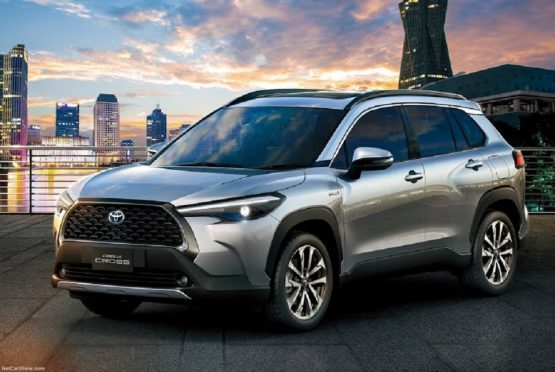Toyota South Africa Motors (TSAM) has invested almost R3 billion about ($197.41 million) in South Africa for the production of the new Corolla Cross sport utility vehicle (SUV) at its manufacturing plant in Prospecton near Durban.
TSAM president and CEO Andrew Kirby said, $187.53 million) in additional component purchases in the production of the Corolla Cross will commence in October 2021, with the investment generating about R2.85 billion (aboutSouth African economy and creating 1,500 new jobs. Kirby said about 500 of these new jobs will be created in Toyota’s Prospecton plant and 1,000 in the supply chain.
‘Wouldn’t have been possible without policy certainty’
“This takes us a step closer to the SA Automotive Masterplan goals that we have set ourselves and, quite frankly, would not have been possible without the policy certainty and progressive stance by the South African government with the introduction of the APDP2 [Automotive Production and Development Plan] trade-related investment measure,” he said.
“The all-new Corolla Cross is tangible proof of our commitment to our customers, the dealer network, the local automotive industry and the South African economy.”
Kirby added that Toyota pledged at the Presidential Investment Summit in November 2019 to invest more than R2.5 billion in the production of new passenger car.
“I’m pleased to say we are making good on that promise,” he said.
“We knew that was a conservative figure and we are well over the R2.7 billion and so closer to a R3 billion figure at the moment.”
Kirby said production of the new Corolla Cross is a significant milestone for Toyota SA because it is not often the company has the opportunity to produce a new body shape at its factory.
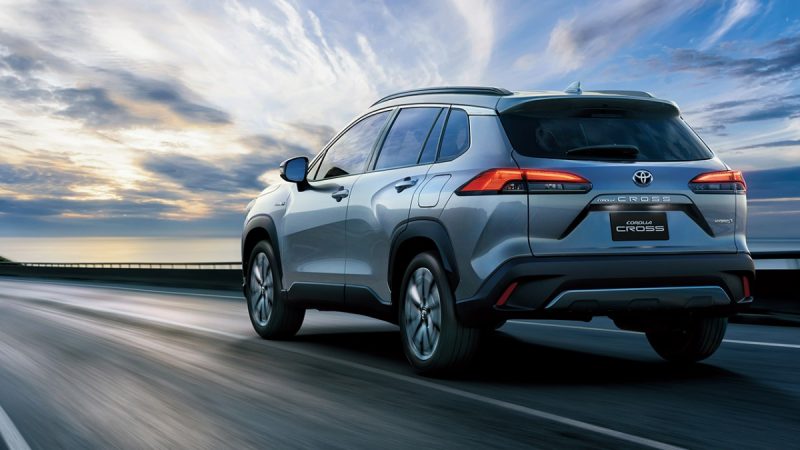
Best of both
It will also be the first time TSAM manufactures a hybrid drivetrain vehicle.
Kirby said the plant will produce both 1.8 litre petrol and hybrid models, plus left- and right drive versions of the Corolla Cross for the South African and African markets.
It will be exported to 43 countries in Africa, with Toyota projecting a 7%-a-year growth in the SUV market in Africa, which will provide significant growth opportunities for it to expand production of the new model.
TSAM executive VP of manufacturing and support Nigel Ward said the manufacture of the new model will include the development of three new Tier 1 and a number of Tier 2 suppliers, which is a significant step towards the transformation of the automotive value chain.
He added that this will be the first time TSAM is manufacturing using the Toyota New Global Architecture (TNGA), which will allow it to keep up with global technology and trends.
Ward is particularly proud that TSAM’s planned schedule of the new model was not affected by the Covid-19 pandemic, with production due to commence in eight months.
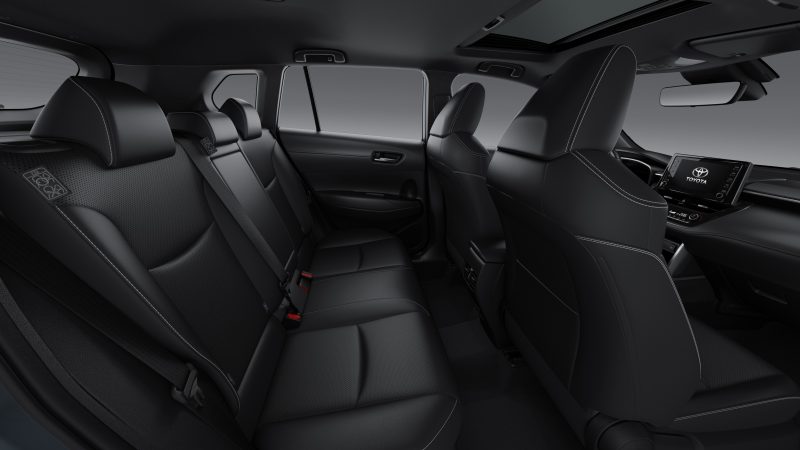
Local content
Kirby said the new Corolla Cross will have a high level of local content and that TSAM has been working on localising parts over the past few years.
He said the APDP2 will come into effect on July 1, adding that its rebate structure now supports a lot more local content but will have a marginal impact on TSAM this year.
“Our concern is two to three years’ time because, with the softer market and softer production environment, it’s becoming a little bit more challenging to increase the levels of local content. But that is the challenge we have and I think we will make progress,” he said.
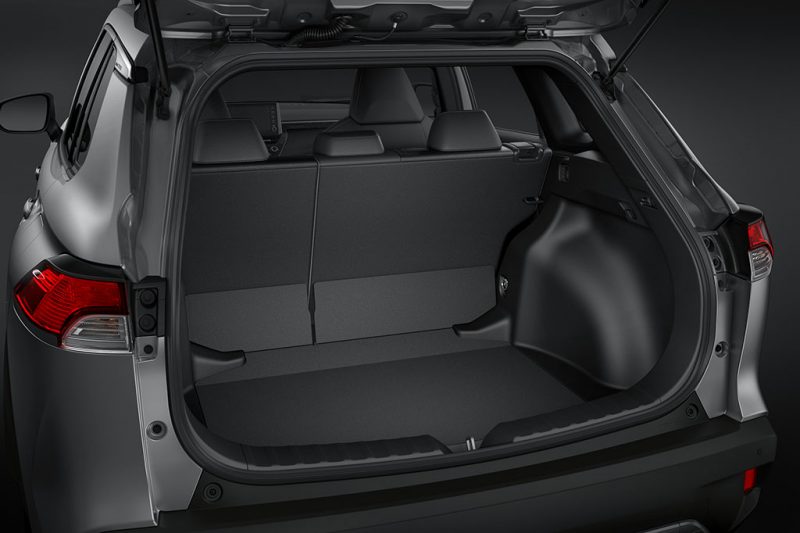
Kirby believes there will be a big swing towards hybrid vehicles in the domestic market, with the Corolla Cross providing motorists with access to an affordable hybrid.
“We haven’t had that before at an affordable price so I think the volumes will be significant.”
He added: “To do this on South African soil is good because it’s obviously the future direction from a technology point of view.
Electric vehicle infrastructure
“We have been wanting to not just sell hybrids but actually localise [them]. That is the big challenge for the whole automotive industry. How do we localise the whole electrification process in the future?” he said.
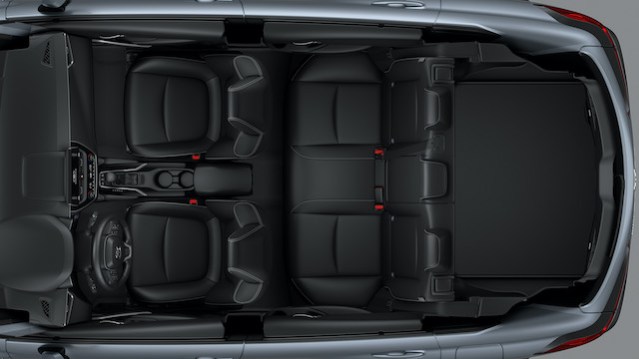
Kirby, who is also president of the National Association of Automobile Manufacturers of South Africa (Naamsa), highlighted the difficulty South Africa’s automotive industry has in positioning itself for its different customers.
He said the industry wants to position itself as a manufacturing hub for Africa but the direction Africa is going to take with internal combustion engine (ICE) vehicles will be “a little bit distinct” from the direction taken in South African and in its export markets.
“We have got to keep up with the electrification process in Europe because they are dominant and are our biggest export market. We need to position ourselves as being the dominant manufacturing hub for Africa and that is going to be more ICE [based] for many years to come,” he said.
“And then in South Africa, we will be somewhere in between those two, so it’s not going to be easy.”


